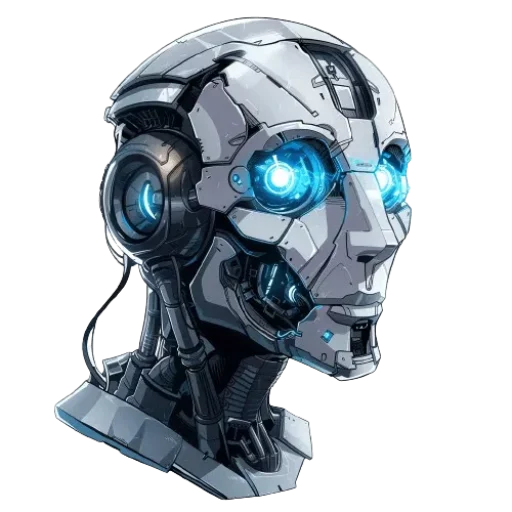Key findings
Grinding and Polishing Workers, Hand, engage in manually grinding, sanding, and polishing various materials such as metal, wood, stone, clay, plastic, or glass using hand tools or hand-held power tools like chippers, buffers, and finishers.
This job requires skills in Operations Monitoring, Operation and Control, Equipment Maintenance, Repairing, and Quality Control Analysis.
Despite the rise of Generative artificial intelligence (GenAI), blue-collar workers in this field are unlikely to be automated.
The unique automation wave of GenAI is not expected to significantly impact blue-collar workers, as physical tasks like grinding and polishing cannot be effectively performed by AI.
While some skills may be automated in the future, the work of Grinding and Polishing Workers, Hand is likely to remain shielded from major AI disruption due to the nature of the tasks involved.
How could AI or automation replace or complement job activities?
AI and automation could automate activities such as measuring dimensions, marking equipment, adjusting controls, loading workpieces, and recording data for Grinding and Polishing Workers.
For example, AI could measure dimensions accurately and mark equipment precisely, improving efficiency in the polishing process.
Job description
Grind, sand, or polish different types of materials like metal, wood, stone, clay, plastic, or glass using hand tools or hand-held power tools. This job also involves using tools like chippers, buffers, and finishers.



0 Comments